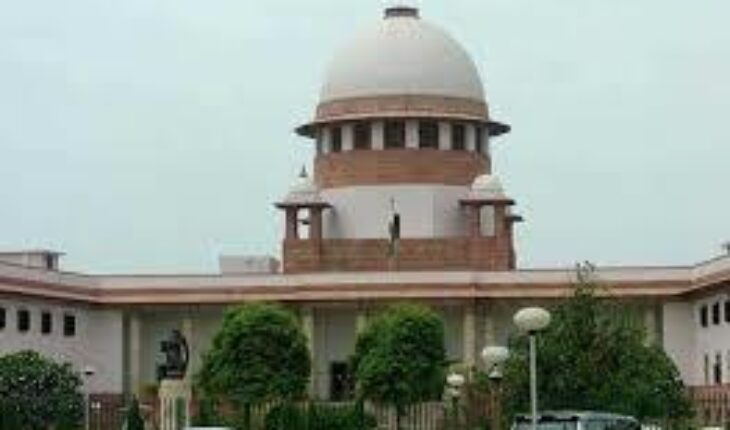New Delhi: Industrial production grew at 2 per cent in February after remaining negative for three months and retail inflation dropped to a 6-month low of 4.83 per cent in March, reflecting some improvement in the economy and offering further scope to RBI to stay accommodative.
“This information does make out a case. This is quite a substantial amount which is involved,” a bench, comprising Chief Justice T S Thakur and Justice R Banumathi, said after perusing the Reserve Bank of India’s list of companies and persons who had defaulted on bank loans of over Rs 500 crore.
Expressing concern over the ever-rising amount of loans “not being returned”, the bench said “people are taking thousands of crores and running away by declaring the company as insolvent, but poor farmers who take small amount of Rs 20,000 or Rs 15,000 suffer.” “The total amount in default can be disclosed. Whoever be the defaulter, their names can be kept confidential but what is the total amount of default can be disclosed. Lakhs of crores of rupees are outstanding. Many of defaulters have more than Rs 500 crore and above to pay,” it said. The bench also sought the assistance of Ministry of Finance and Indian Banks Association by making them parties and posted the matter for further hearing on April 26. During the hearing, the RBI counsel cited provisions in the RBI Act and the Credit Information Companies (Regulation) Act, 2005, which mandate confidentiality of information. The bench at the next hearing will be assisted by all the parties on the issues likely to be framed by them, including specifically the question whether “the total outstanding amount of loans defaulted can be disclosed or not.” When advocate Prashant Bhushan, appearing for NGO Centre for Public Interest Litigation (CPIL), favoured disclosure of outstanding loan amount and cited the recent apex court verdict of December 2015 to claim that RBI has to provide all information, the federal bank’s counsel said that decision related to the Right to Information Act and would not apply in the case in hand. — PTI




